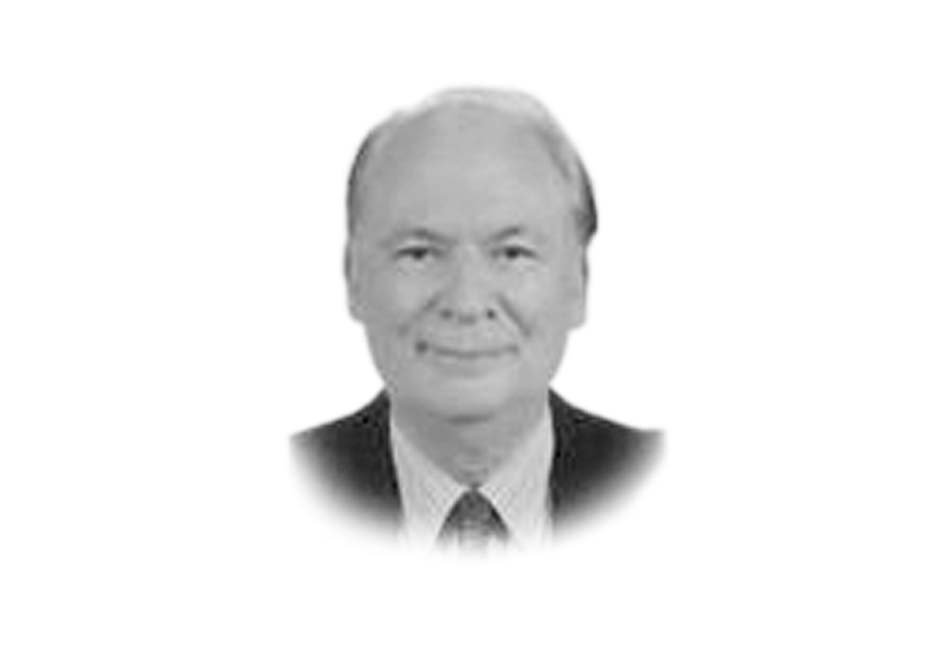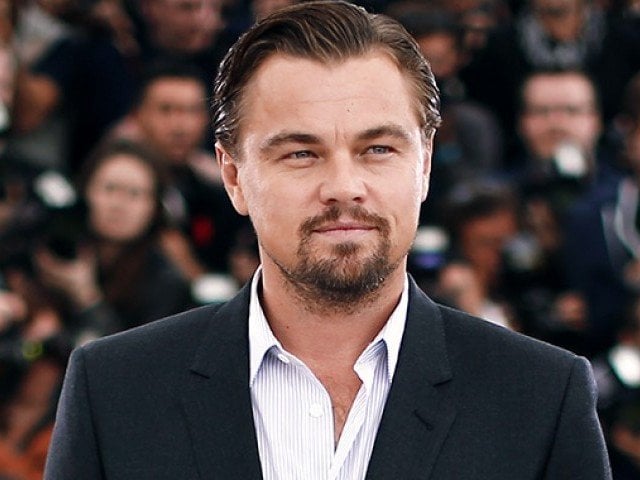
Chungking Diary, published in 1942, is a remarkable book about the month Karaka spent in the war time capital of China, a country which the British foreign secretary Sir John Simon once described as “a mere geographical expression”. This was as contentious as the description of Russia made by Winston Churchill about it being “a riddle wrapped in a mystery inside an enigma”, especially after the Red Army won the war for the Allies. China has always exuded a special mystique, that inscrutability that Westerners are often predisposed to look for in the country. The art that emerged depicted birds flying over majestic waterfalls, mist obscured mountain peaks, mud and wattle cottages in riverside villages and a junk sailing into a harbour at eventide, its ribbed sails a glowing orange in the sunset. The waterfalls are still there, but they are now generating hydroelectric power. And in place of those mud and wattle cottages are tall apartment buildings and huge hotels that employ a small army of staff. The country has foreign exchange reserves of trillions of dollars and an enviable growth rate.

There is a delightful passage in the book where the author asked Chou en-Lai why everybody regarded Generalissimo Chiang kai-Shek as the hero of China. “Because he led the fight against Japan,” was the answer. Chiang kai Shek, who had destroyed the war lords in 1928, was a hero also in the eyes of the Communists, and in Karaka’s opinion, was a far greater man than Winston Churchill. Difference of opinion arose only when the reactionary Kuomintang element came into play. The most sacred words in China during the war were San Minh Chu I — the three principles of the people as enunciated by Sun Yat Sen in his legacy to the Chinese people — nationalism, democracy and livelihood. Nationalism meant the abolition of treaties which foreigners had imposed upon the Chinese and the doing away of ‘extra-territoriality’ derived from unequal treaties. Karaka’s diary is about a national government which was corrupt and the communist soldiers of the north who were paid the equivalent of six annas a month. “They eat and live on the land and what the people grow and give them. It is something more near soul force. Bergson might have called it elan vitale. How different it was in India. The begum of Somewhere-or-the-Other had given a party in Hyderabad, apparently for the war effort where the guests measured buffalo tails by starlight. That was India’s war effort, a story told in bridge and mahjong drives, in pretty uniforms and war charities. But then, India was fighting somebody else’s war.”
Published in The Express Tribune, January 5th, 2014.
Like Opinion & Editorial on Facebook, follow @ETOpEd on Twitter to receive all updates on all our daily pieces.
COMMENTS (4)
Comments are moderated and generally will be posted if they are on-topic and not abusive.
For more information, please see our Comments FAQ

1729161093-0/liam-(4)1729161093-0-165x106.webp)


1732603002-0/lamar-(4)1732603002-0-165x106.webp)







p.s: my preceding post detracts nothing from the glory of the interesting essay by the fine author.
@Vish: I agree. DF Karaka, Russi Karanjia, Ayub Syed, Ramesh Sanghvi (father of Vir Sanghvi), Sadanand of Free Press Journal & Frank Moreas of Indian Express not to speak of galaxy of stars at the then Times of India were beyond petty religious differences. Even KR Malkani the Karachi born RSS-coloured journalist & BJP ideologue was no Muslim-hater. His essays on Shah Abdul Latif Bhittai & history of Sindh were classic. That's an era of which respectable Author Mooraj Sahib too must have been a witness.
The irony is if being Muslim was of importance Ayub was a wrong choice! Ayub, a brilliant journalist-editor was not a practicing Muslim. He was a Leftist, Secularist & Congress supporter (became anti-Indira during emergency)-the antithesis of much that DFK stood for. When Karaka was asked by someone who was surprised at the choice considering ideological difference between the two Karaka's reply was uncharacteristic... He claimed Hazarat Ali ( Pir Haji Ali Shah Bukhari whose Dargah is a well known landmark of Bombay) came in his dream & asked him to appoint Ayub as his successor!! Was it Parsi humour I wonder! Ayub died of cancer & Current closed down but by 2008 or so it was up & running again to ensure the great DFK-Ayub live on!
"a clutch of Hindu publishers expressed an interest in the weekly. But Karaka chose Ayub Syed, a Muslim, ". Unfortunately the author (probably like many Pakistanis) cannot think of anything except religion as an identification marker. Abu Syed is only a Muslim, nothing beyond that. The publishers are only Hindu, nothing beyond that.